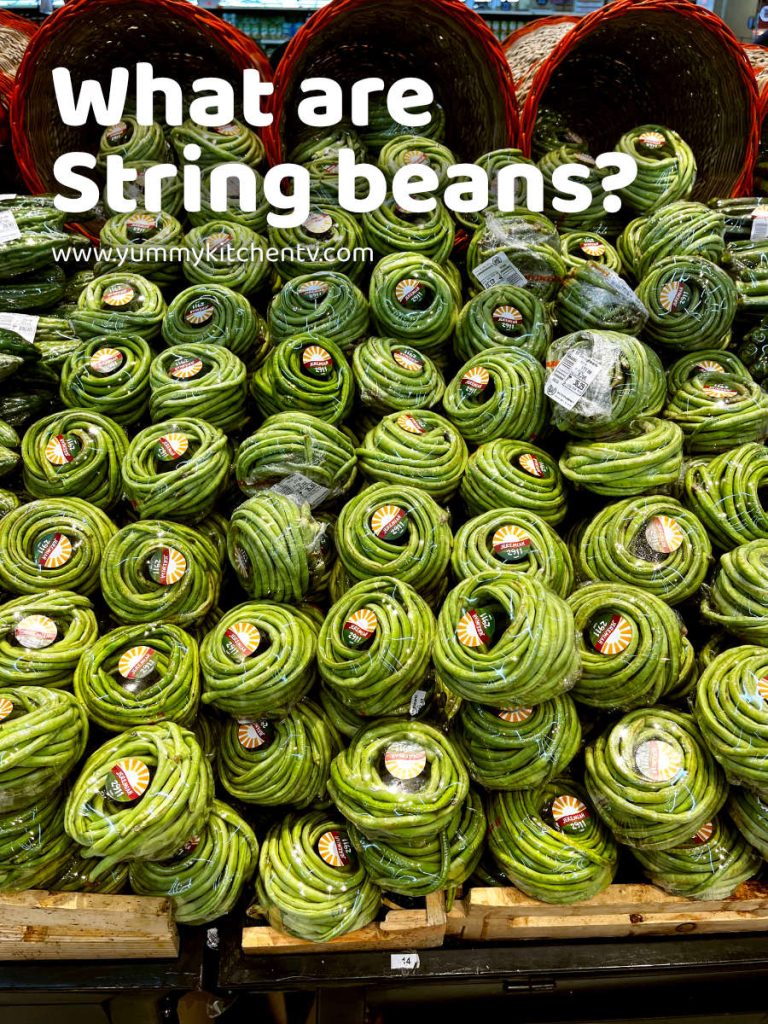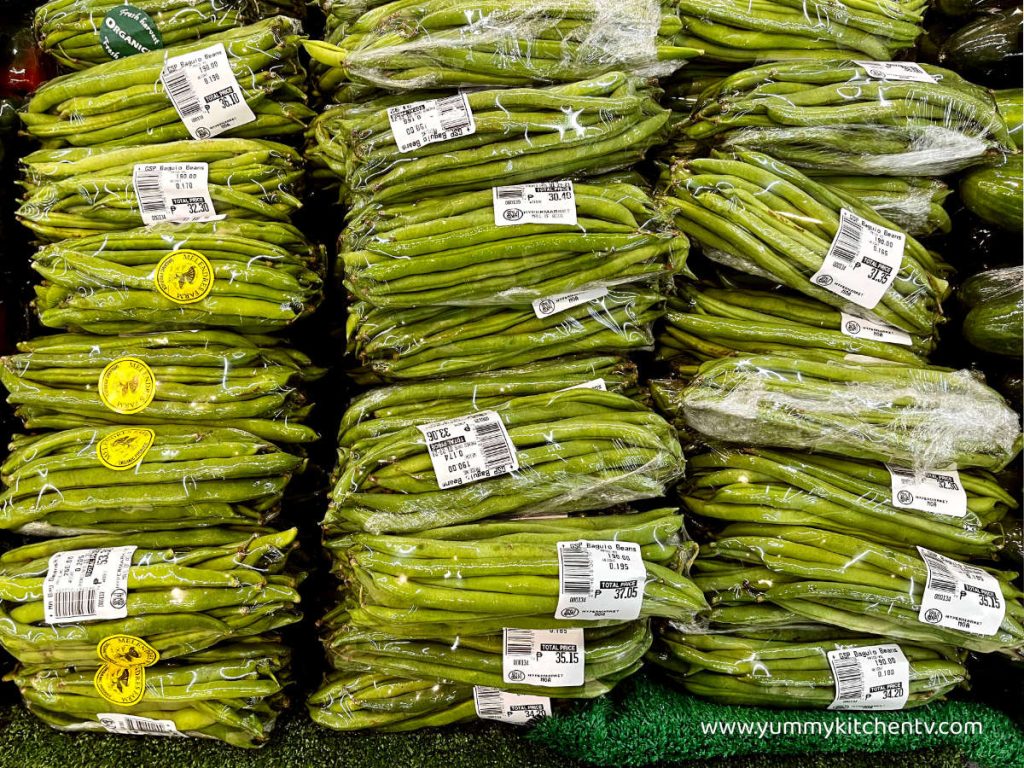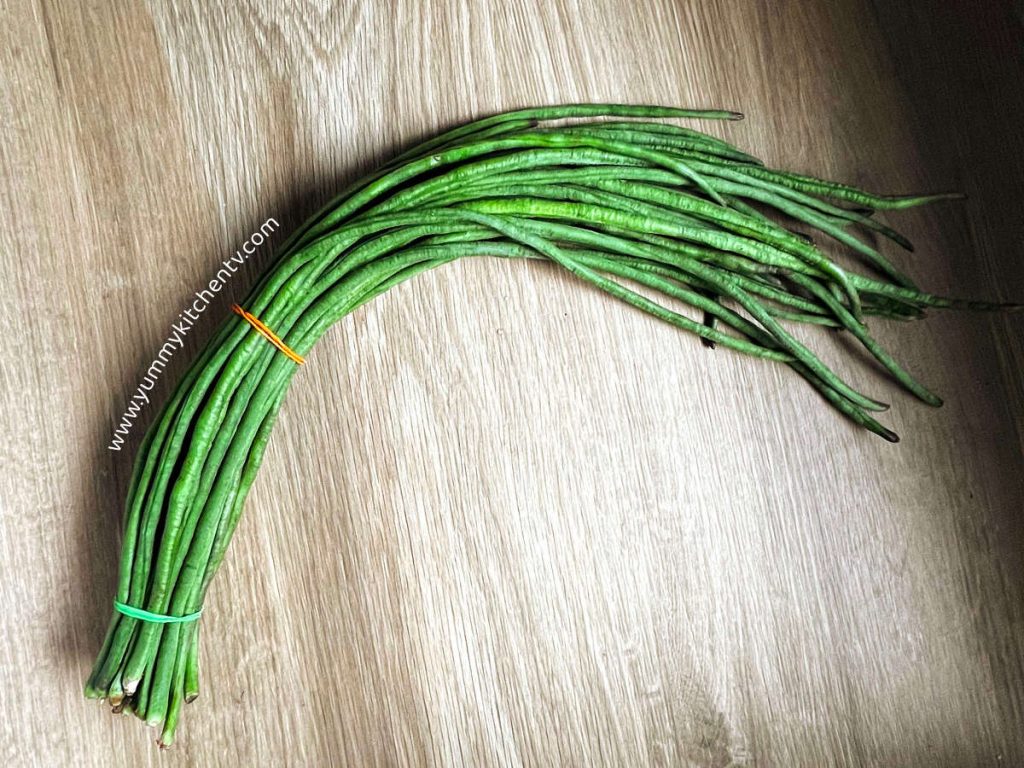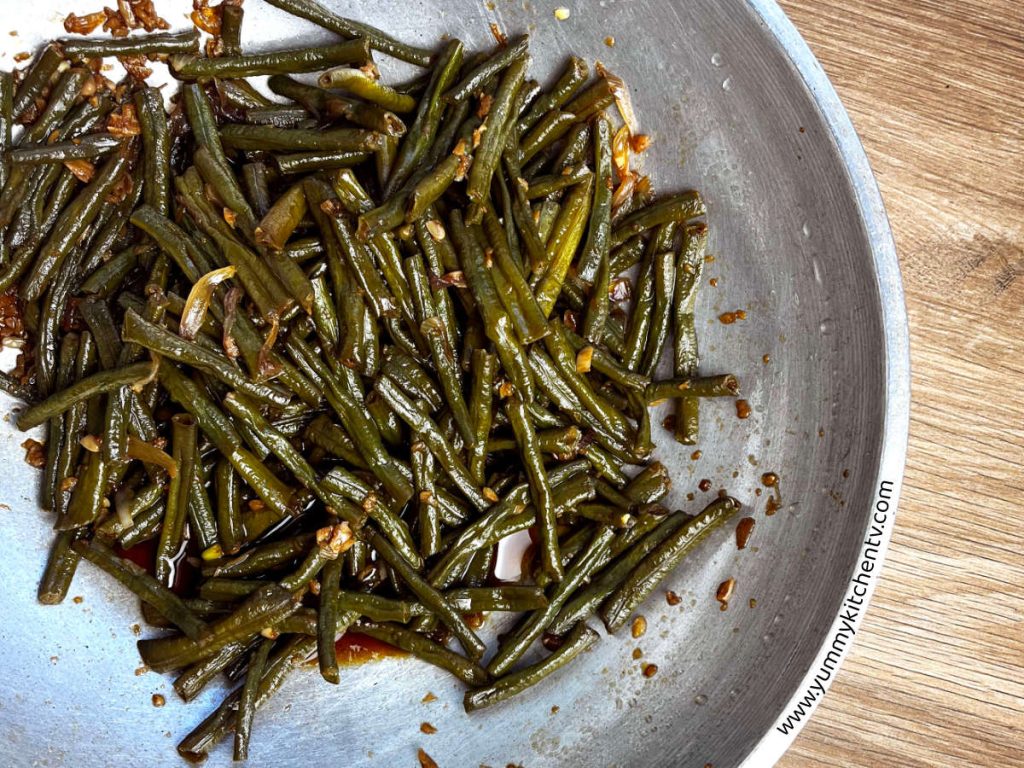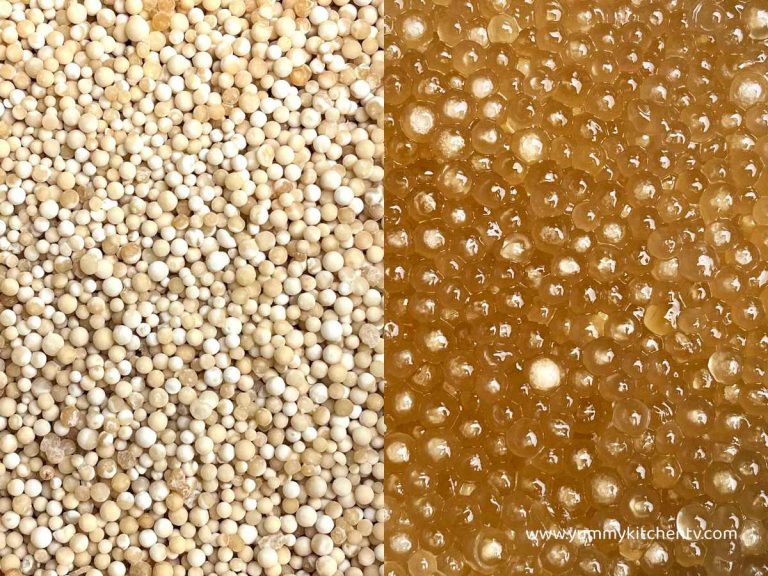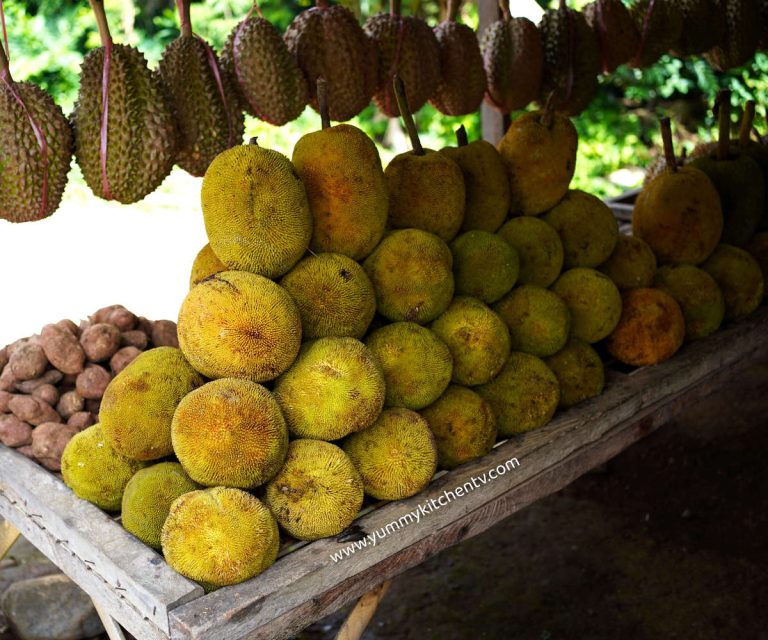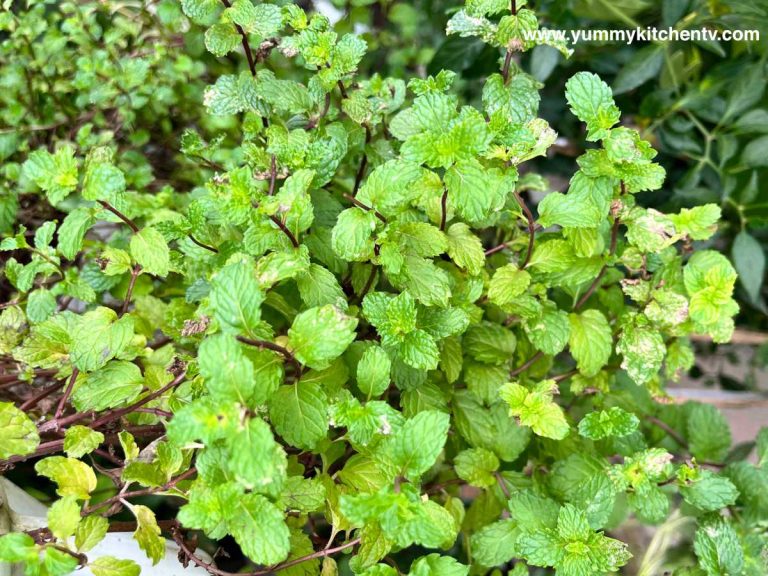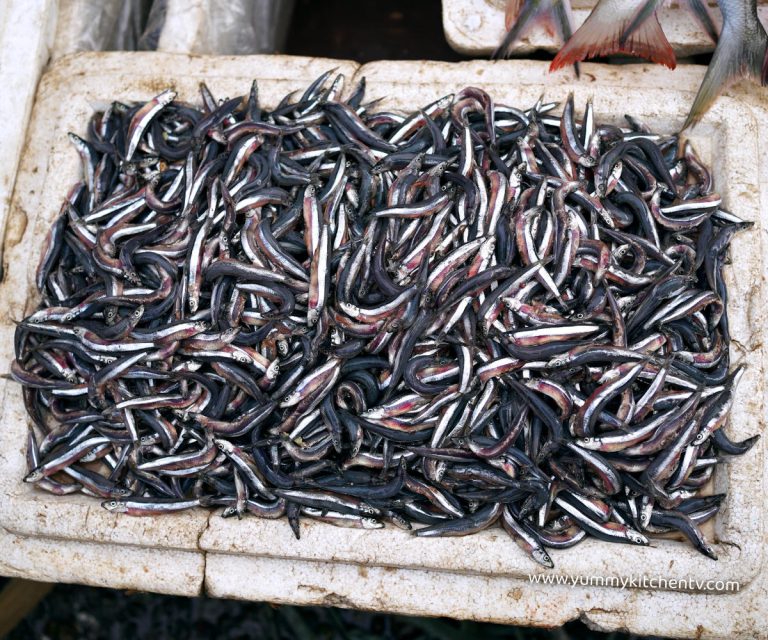What are String Beans ?
The String Beans vegetable (scientific name Phaseolus Vulgaris), also called ‘Green beans’ or ‘French Beans’ are a great source of essential nutrients like Fiber, Iron, Vitamin A, C, K, and Folic Acid. This vegetable, grown during the fall and summer months, is known to be a delicious, crispy, tender vegetable that’s easy to cook, needing only a few ingredients to shine. Eaten as a side dish or even a main dish, but what makes them so special?
A short Introduction
The String beans plant has around 130 different varieties of the common beans. Called many names such as ‘Green beans’, ‘French or Haricot beans’, or ‘Snap beans’. In the Philippines, it’s called ‘Baguio beans’ for the shorter beans, and the longer beans are called ‘yardlong beans’.
- Classified by ‘bush’ (dwarf beans), a short plant only growing as high as 2 feet in maturity, especially in commercial farms.
- The ‘pole’ (climbing beans), a plant with twisted vines that need to be supported by poles, and are the most common.
- There are also ‘half runner beans’ that are a combination of the two pole and bush variety, and can run around 3 to 10 feet.
All harvested and consumed with enclosed pods, and the fully matured seeds inside.
A food common in many countries, these originated in South and Central America, but were found to have been cultivated a thousand years ago in Peru and Mexico. Older beans have strings that start from one end going along the body till it reaches the other end. It was in 1894 that the ‘stringless bean’ variety was cultivated by Calvin Keeney, making the following modern beans be ‘stringless’. The beans are actually composed of 90% water, 2% protein, 7% carbohydrates, and a bit of fat. All which provides the body with a good amount of Vitamins, Manganese, Fiber, and some micronutrients. Eaten raw, boiled, stir-fried, steamed, or baked with or without other dishes, made into stews, soups, salads, side dishes, casseroles, and even picked.
String Beans benefits
Greens are part of a well balanced diet, they are even similar in nutritional benefits to okra. These beans are low FODMAP food, FODMAP are undigested carbohydrates that go to your gut and produce constipation, diarrhea, gas, and belly pain. Since these are low in FODMAP, these wont’ trouble the stomach and can be enjoyed by many, even those with a chronic digestive issue. The long, green crunchy beans, which are low in calories are an easy, crispy, and delicious way to add nutrition into your diet. Here are some examples on what it can help with:
- Reduces the risk of cancer, these beans have high amounts of chlorophyll that boosts antioxidants in the bloodstream, creating more red blood cells, healing damaged skin, and neutralizing toxins.
- Helps promote heart health, these are full of fiber, making them great not only for the gut, which in turn makes the digestive system healthy and makes the body healthy, but lowers bad cholesterol levels as well.
- Because you have a healthy gut, it may prevent cancer. Though more research is still ongoing, the stomach plays a big part in the functionality of the body.
- Aids pregnancy, a cup of beans is equal to the daily folate intake needed by the body. It helps with the development of unborn babies, and reduces birth defects.
- Protects the bones, has Vitamin K and a good amount of Calcium.
- Might help with fatigue, this vegetable has a good amount of iron which keeps the body feeling weak, fatigued, and lightheaded.
* For canned beans, these should be rinsed at least once to remove any sodium.
String beans vs green beans
They are very similar, but with small differences like ‘fibrous stings’ running down one end to the other of some heirloom varieties. One and the same, it is only by the 19th century, through breeding that some varieties out of 130 green beans have that ‘string’ that makes you call some of these beans ‘string beans’.
Yardlong Beans or ‘Sitaw’ in the Philippines
String beans or ‘sitaw’ also spelled ‘sitao’ in Filipino, are a popular delightful addition to many dishes, adding a pop of vibrant green and healthy crunch. A staple to many traditional dishes, here are a list of string beans recipes or sitaw recipes, that we’re sure you’ll love!
- Kare-kare – A traditional Filipino dish that will make your mouth smile in delight. A favorite of many, the meat of choice simmered till tender, mixed with a number of vegetables, covered in a nutty, and even richly buttery in texture sauce.
- Adobong sitaw (or in English ‘String beans Adobo’) – A Filipino bean dish made using a few ingredients, but makes for a big impact in flavor. A dish you are sure to enjoy with a good amount of rice.
- Other adobo sitaw recipes include : Adobong sitaw recipe without meat, Adobong sitaw with pork, adobong sitaw with chicken, adobong sitaw with oyster sauce.
- Chicken Bicol Express – A creamy savory and spicy chicken dish made of coconut milk and cream, aromatics, ginger, shrimp paste, with green and red chillies.
- Ginisang Gulay – Sauteed string beans, eggplant, okra, squash, tomatoes, onions, garlic, and many more vegetables, with shrimp paste, sometimes with a mix of pork belly for added flavor. Just a colorful nutrition bomb on a plate.
- String bean patties – A sitaw recipe with a twist, attracts even vegetable haters with its appetizing mix of colors, delectable aroma, and taste.


